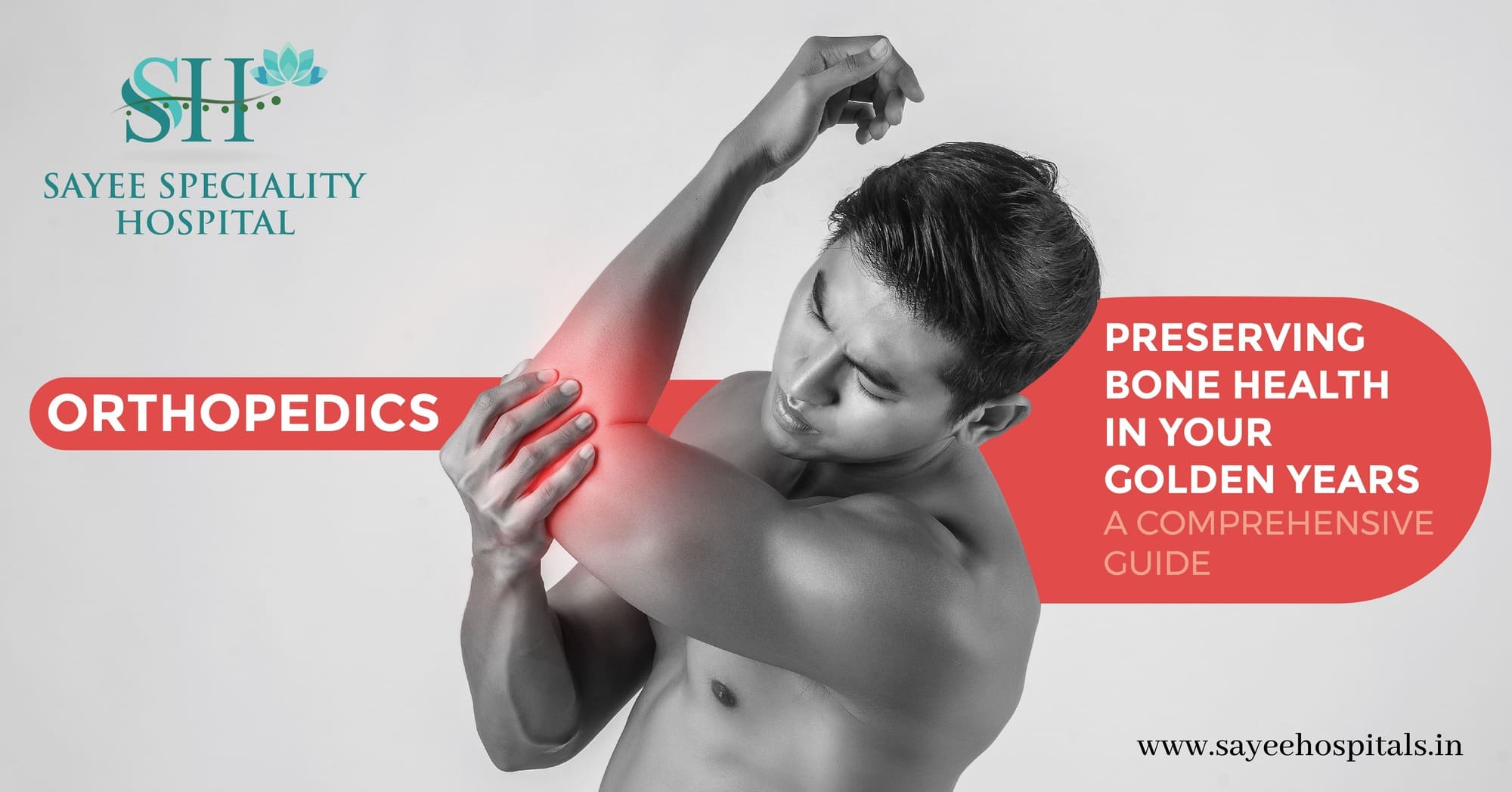As the pillars of our body’s structure, bones provide crucial support, mobility, and protection. However, as we age, our bones naturally undergo changes, becoming more vulnerable to conditions like osteoporosis and fractures. The good news is that adopting simple yet effective strategies can significantly contribute to maintaining strong and healthy bones in our golden years.
Calcium and Vitamin D-Rich Diet:
- Calcium is a fundamental mineral for bone health, serving as a building block for our skeletal system. Vitamin D aids in the absorption and utilization of calcium.
- Include calcium-rich foods in your diet, such as dairy products (milk, yogurt, cheese), leafy green vegetables (kale, broccoli), fortified foods (cereals, plant-based milk alternatives), tofu, fatty fish, and more.
- Ensure sufficient vitamin D intake through sunlight exposure (10 to 15 minutes a few times a week) and foods like egg yolk, mushrooms, and cod liver oil.
- Consider supplements after consulting your healthcare provider if your diet falls short.
Weight-Bearing Exercises:
- Regular physical activity, especially weight-bearing exercises, plays a pivotal role in maintaining bone strength.
- Engage in activities like jogging, walking, dancing, and weightlifting to stimulate bone growth and prevent loss.
- Aim for at least 150 minutes of moderate-intensity aerobic exercise (brisk walking, swimming) or 75 minutes of vigorous activity (running) weekly.
- Incorporate strength training exercises to further enhance musculoskeletal health.
Smoking and Alcohol Cessation:
- Smoking diminishes bone density over time, while alcohol interferes with calcium absorption, reducing bone formation.
- Quit smoking to preserve bone density and limit alcohol consumption to moderate levels for optimal bone health.
Regular Bone Density Scans:
- Bone density testing, such as DEXA scans, is vital for assessing bone health and detecting early signs of osteoporosis.
- Consult your orthopedic or primary care doctors to determine the appropriate frequency of DEXA scans based on your risk factors and medical history.
- Early detection enables preventive measures to be taken before bone-related issues worsen.
Preserving bone health is a proactive journey that involves a combination of dietary choices, physical activity, and lifestyle modifications. As we embrace our golden years, prioritizing these strategies empowers us to maintain strong and resilient bones, reducing the risk of osteoporosis and fractures. Regular consultations with healthcare providers, bone density scans, and a holistic approach to well-being contribute to a vibrant and active life in the later stages.
